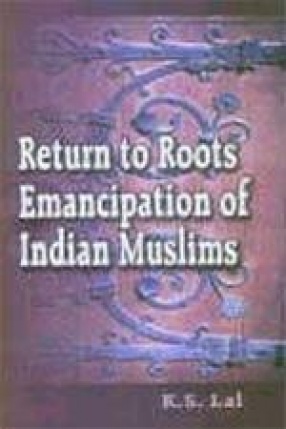
Showing all 7 books
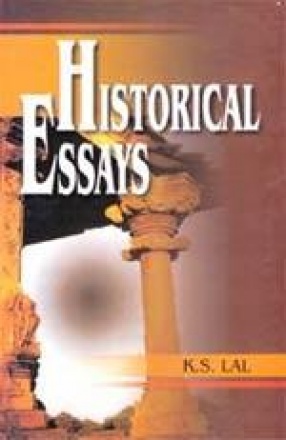
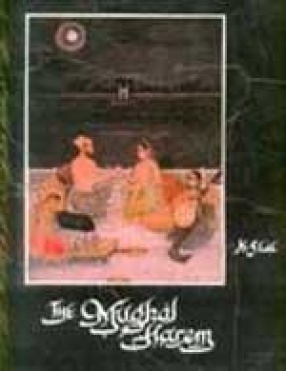
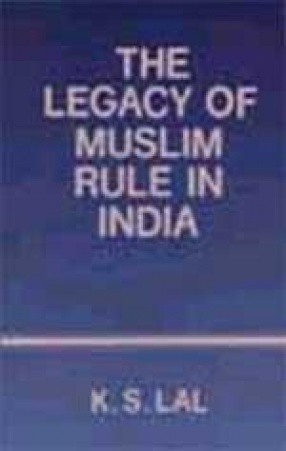

Return to Roots : Emancipation of Indian Muslims is an attempt to educate Indian Muslims in this direction. The author’s earlier book, Indian Muslims: Who are they (1990), and the present one go together. The first discusses how Indian Muslims came into being, the second dwells on how they can return to their roots and to peace. Naturally there is some repetition in the two books, particularly with regard to the making of the Indian Muslim Community. V.S. ...
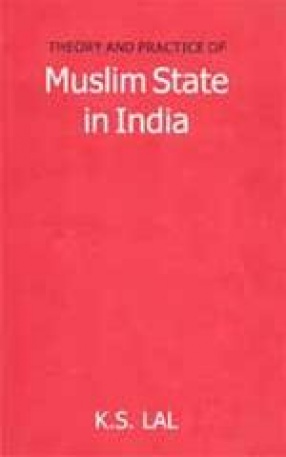
Now fifty years after my first brochure on the subject, I present before the scholars my latest book entitled Theory and Practice of Muslim State in India. Its raison d'etre is that in my earlier endeavours, no attempt had been made to trace the relationship between the injunctions contained in Islamic religious literature and the attitudes and actions of Muslim Kings and conquerors. Ordinarily, historians writing on medieval Indian history refer to Muslim ...

Historical Essays by Prof. K.S. Lal is a selection of some of the research articles written by this doyen of Indian history during the last fifty years, or so. The selection is being brought out in two volumes – (1) History and Historiography and (2) Politics and Society. The present volume titled History and Historiography comprises of five articles: (1) Meaning and Purpose of History, (2) Modern Indian Historians of Medieval India, (3) Historiography of ...

This work is a maiden attempt at research in the hitherto overlooked area of social history of medieval India. It attempts to recapitulate the day-to-day life of the ladies of the seraglio. The delicate and delightful task has been deftly handled and it is hoped that scholars and laymen both will enjoy.
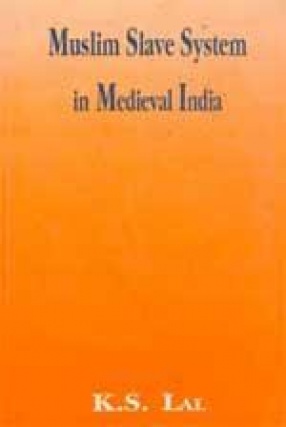
Slavery originated during the age of savagery and continued into ancient civilizations. Slavery was there in Babylon and elsewhere in Mesopotamia; it was widely prevalent in ancient Egypt, Greece and Rome, centuries before the coming of Christ. Ancient India also had slaves but they were so mildly treated that foreign visitors like Megasthenes, who were acquainted with their fate in other countries, failed to notice the existence of slavery in this country. An ...
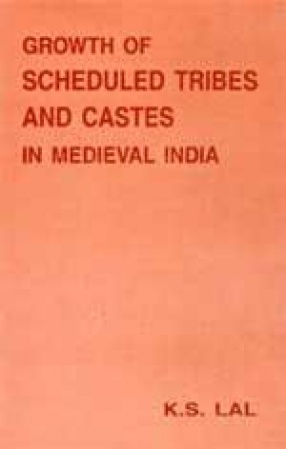
The Scheduled Castes, the Scheduled Tribes, the Dalits and the Other Backwards Castes are there in large numbers in present-day India. Many backward classes were there from the pre-historic or very ancient times, many more were added in the medieval period spanning over a thousand years. Their numbers went on growing because of the conflicts of the times arising out of the policies of Muslim invaders and rulers. Contrary to modern-day make-believe, there is no ...

India never became an Islamic country. Its ethos remained Hindu while Muslims also continued to live here retaining their distinctive religious and social system. It is against this background that this book attempts an assessment of the legacy of Muslim rule in India. The Legacy of Muslim Rule in India has to be assed because in spite of a thousand years of Muslim conquest and rule, India has survived with a Hindu ethos. Had India been completely conquered and ...
